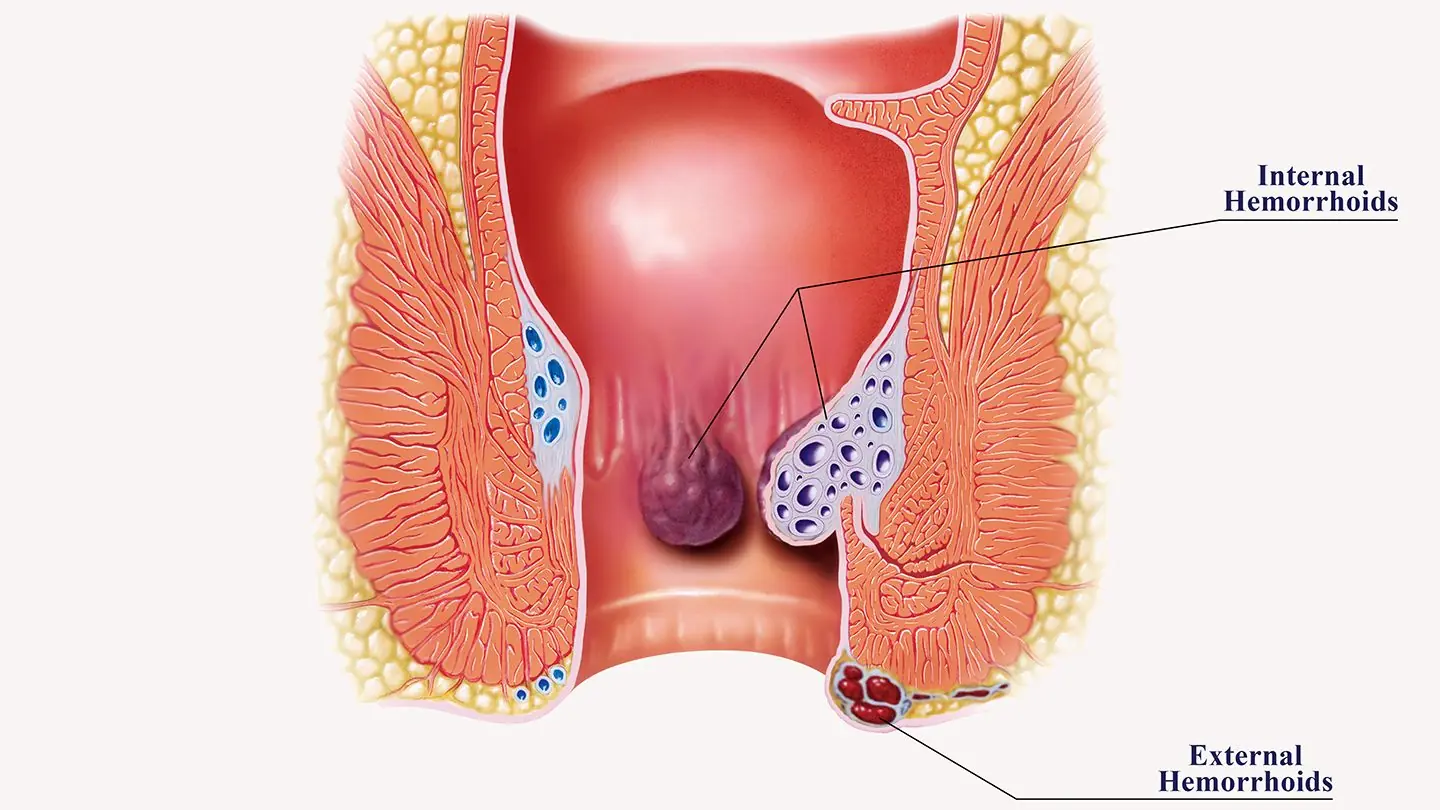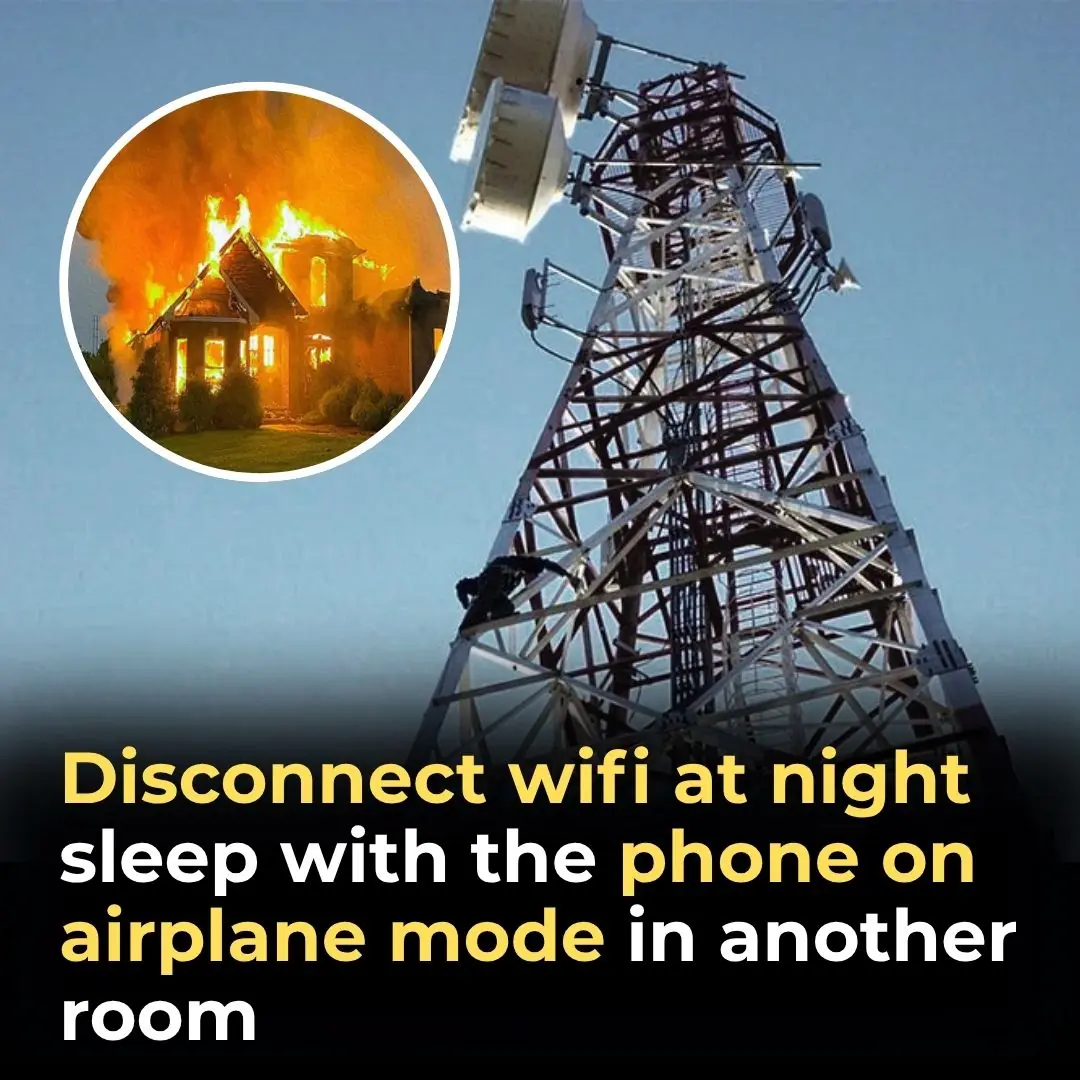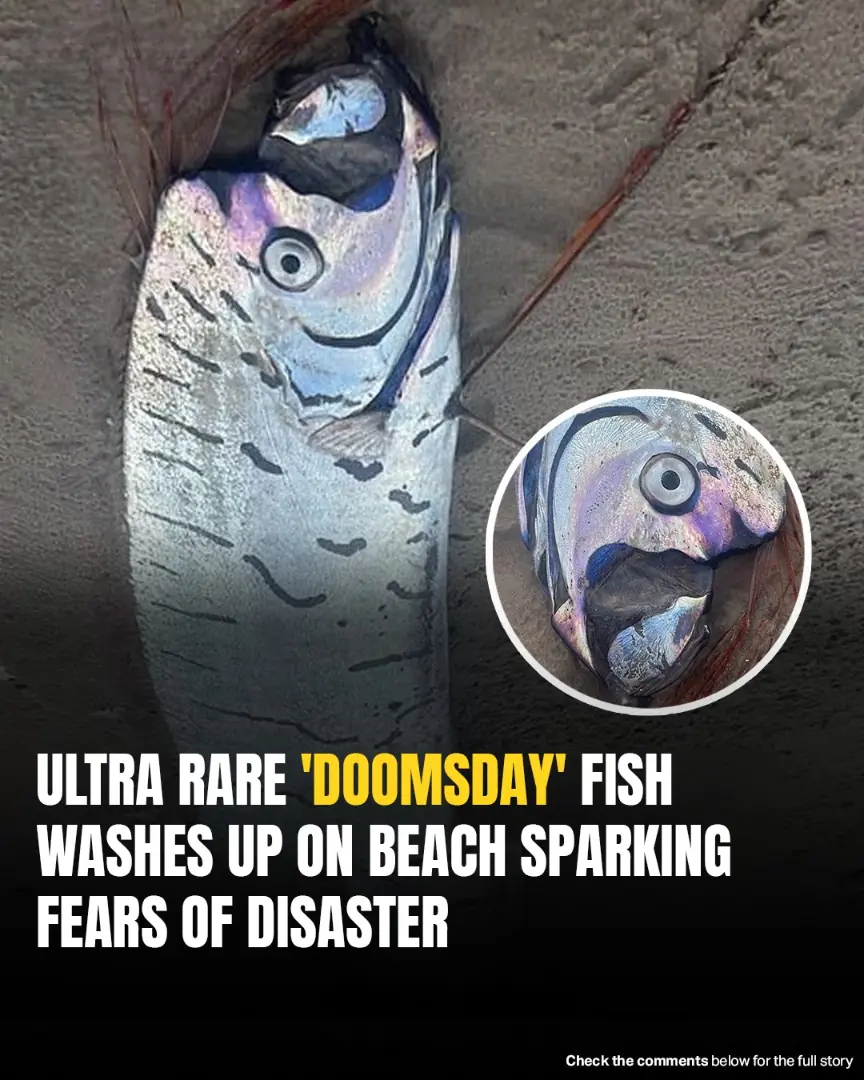
Warning: If You Notice This Symptom in Your Body, Go to the Hospital Immediately – It Could Be Late-Stage Nasopharyngeal Cancer
Nasopharyngeal cancer, a type of cancer that starts in the upper part of the throat behind the nose (called the nasopharynx), is often difficult to detect in its early stages. This is because the initial symptoms can be mild, easily mistaken for common illnesses like a cold or allergies. However, as the disease progresses, the warning signs become more apparent and more dangerous. One specific symptom, often ignored or misunderstood, could be a red flag that the cancer is already in a late stage — and acting quickly could be the difference between life and death.
The Overlooked Symptom
One of the most alarming signs of nasopharyngeal cancer is a persistent lump or swelling in the neck, particularly one that doesn’t go away after a few weeks. This lump is usually painless, which is why many people don’t take it seriously at first. The lump often results from swollen lymph nodes caused by the spread of cancer cells. If left unchecked, it may indicate that the cancer has already progressed beyond the primary tumor and into the lymphatic system — a key feature of late-stage cancer.
Other serious symptoms to watch out for include:
-
Frequent nosebleeds or nasal congestion
-
Hearing loss or a feeling of fullness in one ear
-
Persistent sore throat or difficulty swallowing
-
Headaches or facial pain
-
Numbness or paralysis in the face
These symptoms may appear gradually, and many people mistake them for sinus infections or minor throat problems. But when symptoms linger beyond a few weeks — especially when combined with neck swelling — it is crucial to see a doctor without delay.
Why Immediate Medical Attention Matters
Nasopharyngeal cancer is known for spreading quickly if not caught early. Unlike some cancers that develop slowly, this type can progress to advanced stages in a short time. Once it reaches stage 3 or 4, treatment becomes more complicated, and survival rates decrease significantly.
Early diagnosis dramatically improves the chances of successful treatment. According to cancer specialists, when detected early, nasopharyngeal cancer can often be treated effectively using radiation therapy, chemotherapy, or a combination of both. However, in late stages, the cancer may already have spread to bones, the brain, or distant organs, making it far more difficult to control.
Who Is Most at Risk?
Certain people are at higher risk of developing nasopharyngeal cancer. These include:
-
People of Southeast Asian descent, particularly those from southern China, Vietnam, and Thailand
-
Individuals with a family history of nasopharyngeal cancer
-
People frequently exposed to smoke, preserved foods, or environmental toxins
-
Individuals infected with the Epstein-Barr virus (EBV), which has been linked to the disease
Being aware of your personal risk factors and taking early symptoms seriously can help ensure timely diagnosis and treatment.
Final Thoughts
Our bodies often give us subtle warnings when something is wrong. A painless lump in the neck might seem harmless, but it could be a sign of something far more serious. If you or a loved one notices such a symptom — especially when paired with nasal or throat issues — don’t ignore it. Visit a hospital or specialist immediately. Early action saves lives, and when it comes to cancer, every day matters.
News in the same category


The Truth Behind ‘Durex’: What Its Name Actually Stands For Has Stunned Many

Your Eyes: Windows to Your Health – Uncovering Diabetes and Cancer Through Vision

5 Early Warning Signs of Cancer in Children: Parents Must Know to Save Their Child

If Your Body Has a Bad Odor in These 3 Areas, It Could Mean Poor Liver Detox and Declining Function – Get Checked Before It’s Too Late!

Astonishing Cancer-Fighting Power of One Juice — Even Doctors Are Surprised

5 Types of Cancer with Over 90% Cure Rate: Early Signs Everyone Should Pay Attention To

Doctor's Advice: Whether You're Rich or Poor, Never Eat These 3 Foods for Breakfast – They Can Lead to Aggressive Cancer

Scientists Use CRISPR to Eliminate HIV from Human Immune Cells

Hemorrhoids: Fast, Effective, Science-Backed Ways to Find Relief

Ovarian Cancer: 8 Early Signs You Need to Know

It’s Not Just Tooth Decay: 2 Common Signs in Your Mouth That Are SOS Signals From Your Body — Don’t Ignore Them

3 Early Signs of Lung Cancer You Shouldn’t Ignore — It Could Become Life-Threatening

Is Cancer Hereditary? Useful Tips to Prevent Cancer from Developing

Health Experts Suggest 7 Ways to Detox Your Liver and Cleanse Your Body Daily

The Back of Your Hand Reveals Longevity Secrets: 4 Signs Everyone Should Check

13cm of Intestine Fell Out After 2 Hours on the Phone in the Toilet: 5 Dangers of Using Your Phone in the Bathroom

Don't Drink Water Right After Waking Up — Doctors Recommend Doing These 5 Things First

A 40-Year-Old Man Suffers a Stroke After Dinner: Doctor Points Out 3 Critical Mistakes
News Post

Surprising Triggers: What May Be Causing Your Hives (Urticaria)

The Truth Behind ‘Durex’: What Its Name Actually Stands For Has Stunned Many

Your Eyes: Windows to Your Health – Uncovering Diabetes and Cancer Through Vision

Psychology: People Who Talk To Their Pets Like They Are Humans Display Certain Emotional Traits

It’s Official! Mexico City Has Banned Bullfighting, Ending A 500-Year-Old Tradition

Disconnect WiFi at Night Sleep With the Phone on Airplane Mode in Another Room

The Hidden Dangers of Cooking with Aluminum Foil: Health Implications and Safer Alternatives

Japan Has Created a New Plastic That Dissolves in the Sea Within Hours and Enhances Soil Health

Scientists Reveal Simple Blood Test Can Detect Cancer Years Before Symptoms Appear

Bill Gates Says Only 3 Jobs Are Safe From AI — Are You In One Of Them?

5 Early Warning Signs of Cancer in Children: Parents Must Know to Save Their Child

People Unvaccinated Against COVID Are 48 Percent More Likely To Get Into Traffic Accidents

If Your Body Has a Bad Odor in These 3 Areas, It Could Mean Poor Liver Detox and Declining Function – Get Checked Before It’s Too Late!

A ‘Zombie’ NASA Satellite Woke Up After 60 Years—And It Sent Out A Powerful Radio Pulse

Scientists Claim That If Humans Go Extinct, Octopuses Have The Best Chance Of Building The Next Civilization

23-Year-Old Ukranian Discovers Way To Make Paper From Fallen Leaves Without Cutting Down Trees

Rare ‘Doomsday’ Oarfish Washes Ashore In Tasmania, Igniting Superstitions Of Impending Disaster

Sore Throat Relief: How Ginger Can Soothe Your Throat Naturally
